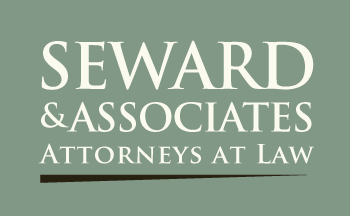When it comes to retirement most individuals concentrate on saving enough money to live comfortably when they are no longer working. This should not be your only focus point when planning for your retirement. Many of the newly retired are going into retirement with large amounts of debt. This can be a killer for your retirement goals and dreams. In the current economic climate, it is rare to see a retiree walk away from their job and continue to earn their same salary. Most individuals will have a lower income rate after they retire. This is where having a mass of debt will typically eat away at the nest egg or pension that a retiree has. You may be okay in the beginning, but because you are on fixed income, the bubble will burst very fast. The biggest retirement killers are those debts associated with credit card and consumer debt.
There are several options that you can look at to save yourself the financial trouble of having overwhelming debt while being retired. The biggest and best option is sound retirement planning. This may include a yearly honest and accurate assessment of your financial circumstances which will provide a clearer forecast of the age that you will be able to retire at. If you have a significant amount of debt, you may need to work a few more years in order to get the debt under control. This decision will benefit you across the board because if you are able to clear up your debt situation, then as a retiree, your cash flow will not be hindered by it.
If you are already retired and find yourself with debt problems there are also several options for you. The first thing is to get a clear idea of type of debt problem you’re in and whether it is manageable. One of the biggest problems that retirees have when it comes to debt is trying to solve a problem that is long past repair. In some situations the hardest choice is the best choice. In a situation where there just is not enough money to make the situation better, a chapter 7 or 11 bankruptcy may be the best option. There is a stigma associated with the “big bad bankruptcy”. The truth of the matter is that in a down economy, a shrinking job market and no relief in sight, the best laid financial plans fail miserably. So sometimes in order to keep your head above water, the clean slate of a bankruptcy is needed.
There are other options available like paying less interest on debt and concentrating more on the principal. By refinancing with your lender or using a debt consolidation firm, you may be able to reduce your interest rates significantly. The down side of these options is that they will reset you loan duration and it will take longer to repay the loan off. Another option is supplementing your income by getting a part time job. If you are willing and able to work a part time job, this can go a long way toward helping your cash flow and debt problems. It will also get you out of the house and keep you energized.
Ultimately, how you fair as a retiree will be largely be determined by the financial planning and assessments you make now. If you are conscious of your debt circumstance before going into retirement, and you do your best to get any problem under control, you will save yourself much financial head ache and trouble.
Basil Ward is a contributing author to this blog and is currently serving as an intern for the Law Offices of Richard D. Seward. Basil has been admitted to practice law as a Rule 9 Legal Intern in Washington State.
